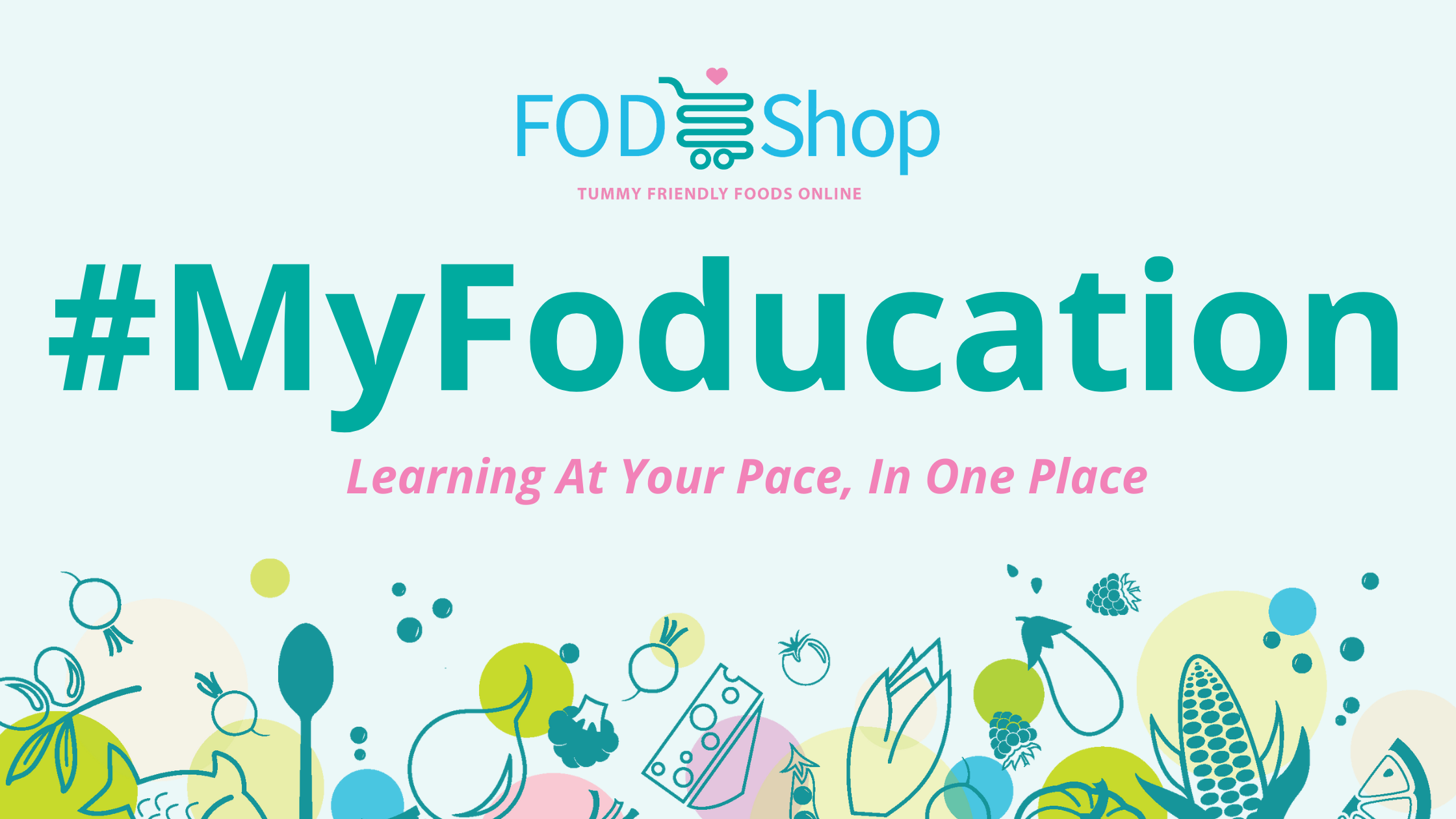- Ph: +61 435 003 412
- operations@fodshopper.com.au
"Organic Orange" has been added to your cart. View cart
"Organic Orange" has been added to your cart. View cart

Written by Evangeline Mouratidis Accredited Practising Dietitian & Sports Dietitian
It goes without saying that there are so many diets in the world. But there is one thing that most of them will promote – eat more plants.
Having a plant-rich diet does not necessarily mean being vegan or vegetarian. Generally speaking, when a large proportion of our diet comes from plant-based wholefoods, it automatically leaves less room for heavily processed foods and is better for our health overall.
The elimination phase of the low FODMAP diet can impose some difficulty in maintaining a high level of plants in the diet. However with some thought and planning, it is absolutely possible to achieve this.
The Mediterranean diet is one well-known eating style characterised by a richness and variety in plant foods. It provides particularly great sources of fibre, good fats (mono- and poly-unsaturated), and polyphenols (beneficial plant chemicals). The Mediterranean diet has endless research to support it in reducing the risk of many diseases including heart disease, type 2 diabetes, and bowel cancer. It is also associated with improvements in anxiety, depression, and brain function. Not to mention, a diet rich in plants is essential in maintaining a healthy and diverse gut microbiome.
Plant- based foods that can be included while on the elimination phase of the low FODMAP diet:
(Please note, this is far from an extensive list and is simply to give you some ideas)
• Olive oil and olives
• Nuts – pecans, walnuts, almonds, brazil nuts, pine nuts
• Seeds – pumpkin seeds, sunflower seeds, chia seeds, sesame seeds, LSA mix, tahini paste (1 tablespoon)
• Grains – wholegrain rice, quinoa, rolled oats, buckwheat groats, seeded sourdough bread, millet bread
• Vegetables – leafy greens (rocket, spinach, lettuce, arugula, kale), bamboo shoots, Chinese broccoli, ¾ cup broccoli, bean sprouts, choy sum, carrot, parsnip, red capsicum, kent/Japanese pumpkin, ½ cob of corn, potato, ¾ cup red cabbage, ½ cup tinned beetroot, ½ cup sweet potato
• Fruit – mandarin, orange, papaya, 1 cup pineapple, firm banana, strawberries, kiwi, ½ grapefruit, grapes, rhubarb
• Legumes – lentils ½ cup tinned, chickpeas ¼ cup tinned, beans ¼ cup tinned (black beans, red kidney beans etc), edamame beans ½ cup
Plant-rich meal ideas
• Porridge – rolled oats with freshly chopped firm banana, cinnamon, and LSA mix.
• Baked stuffed red capsicum – with rice, grated carrot, pinenuts, herbs, and mince meat. Serve with salad.
• Sourdough salad sandwich – with spinach, tomato, cucumber, tinned beetroot, grated carrot, shredded chicken.
• Stirfry with brown rice – broccoli, bean sprouts, red capsicum, bok choy, water chestnuts, bamboo shoots, sesame seeds and beef strips with soy sauce and ginger flavours.
• Poke bowl – quinoa, edamame beans, rocket, roast sweet potato, radish, pickled ginger, red cabbage, black sesame seeds, green parts of spring onion, salmon, with tahini and soy sauce.
• Roast vegetable salad – roast whole baby carrots, chopped Japanese pumpkin with skin on, parsnip, red capsicum. Mix with tinned lentils, pumpkin seeds, panfried chicken breast, fresh herbs, and lemon juice.
The elimination phase of the low FODMAP diet is only a temporary measure and should always be followed with a reintroduction phase. This is when one FODMAP category (e.g. fructan, the oligosaccharide found in wheat) is tested then added back into the diet in your tolerated amount. Tools such as the Monash FODMAP app should be utilised to see which foods are high in a particular FODMAP. This will help you slowly start to reintroduce more plant-based foods and measure any symptoms they might produce. It is best to work closely with an Accredited Practising Dietitian with experience in IBS & FODMAPs, to support you through this process systematically.
Evangeline Mouratidis is an Accredited Practising Dietitian & Sports Dietitian based in Melbourne, Australia. Her areas of interest are in gastrointestinal health and sports nutrition. To work with Evangeline, please visit www.essentialnutrition.com.au or call 0405 156 610.

Comments
HPJkSNdUoz
WCfwtknus
Leave a reply